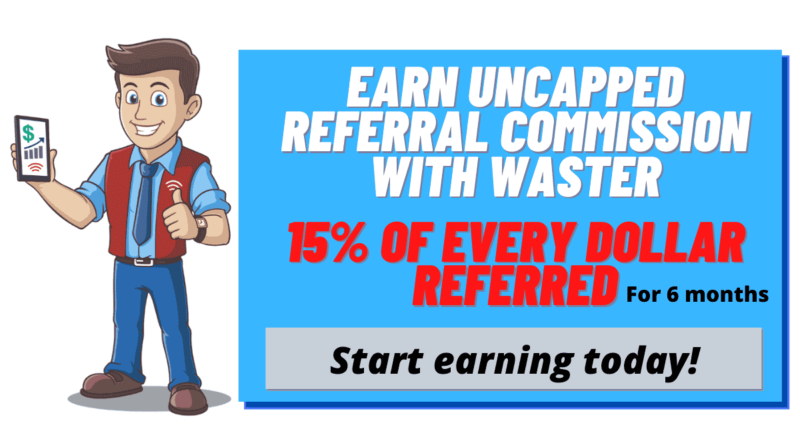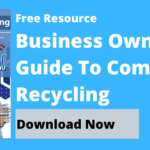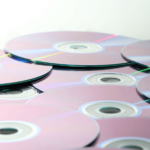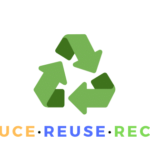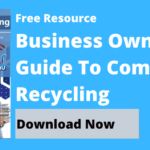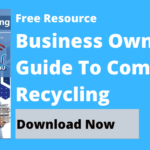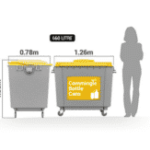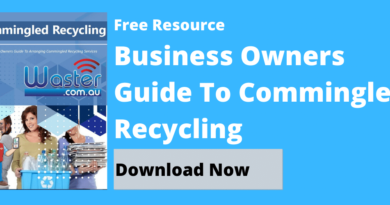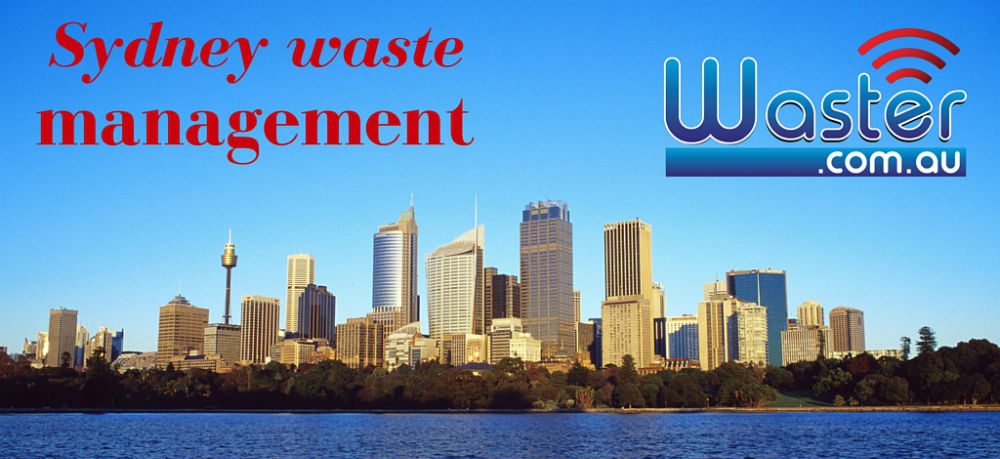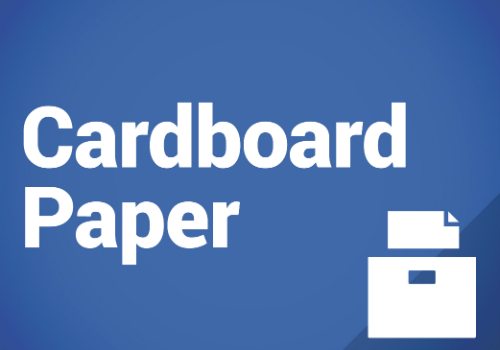Common Recycling Mistakes And Misconceptions That You Should Know ♻️🛑
Energy Disrupter
Common Recycling Mistakes ♻️🛑: It is definitely a good thing to be enthusiastic about recycling. But of course, you have to know what you are doing. Recycling the wrong way does a lot of harm without any merit at all. Waste will just end up being discarded and thrown into a landfill if you are not careful. You have to do it the right way to make a difference. Equip yourself with knowledge about recycling!
There are lots of mistakes, myths, and misconceptions about recycling. As a result, it gets quite confusing to some. You have to make sure that what you are doing is, in fact, correct and not just a mistake.
>Download Now: Free PDF Business Owners Guide To Commingled Recycling Bin Services
Below, we present some common recycling mistakes, myths, and misconceptions that you must know.
[embedded content]
A bit about Waster
Let us first discuss who Waster is.
We here at Waster provide you with innovative solutions for your business’s waste management and recycling needs. Moreover, we provide flexible, 30-day contracts instead of the typical lock-in contracts, which proves to be better.
Click on the blue button to learn more.
First, the common recycling mistakes
Waster loves helping everyone in everything related to waste and recycling. For this reason, we created a blog that can help you discern common recycling mistakes and steer you on the right path towards helping the environment.
Make sure to remember all of these the next time you recycle:
3 Common recycling mistakes you should definitely know
1. Soft plastic recycling
What you first need to know is recycling soft plastics. Far too many people, according to some councils, dispose of their soft plastics such as plastic bags, packaging, and film into their recycling bin. Hard plastics, you can do so, but not soft plastics.
Whilst you can recycle your soft plastics, you should not throw them in your recycling bin. This contaminates the recycling machines in the plants and can cause various problems.
So, what should you do? The answer to that is simple and most-commonly known throughout Australia — sending soft plastics to REDcycle.
Important Note: As of 9 November 2022, REDcycle is on a temporary pause.
Read our blog on supermarket recycling and discover where you can find REDcycle drop-off points. Woolworths and Coles are examples of supermarkets you can go to.
Soft plastics like bread bags, bubble wrap, cereal box liners, and wrappers can be recycled through that program.
2. Using plastic bags to contain recyclables
Another common recycling mistake we know a lot do is using putting their recyclables and bundling them up inside plastic bags. Planet Ark stated that this is the biggest mistake Australians do when recycling.
What is the reason for this? Well, the reason why you should not use plastic bags to contain your recyclables is that any sort of plastics contaminates the load. The recycling facilities’ machinery is not equipped to handle plastics.
If you do find yourself putting your recyclables inside plastic bags, then know that your recyclables will go straight to a landfill, instead. What you should do is make sure that you do not overfill your recycling bin with recycling bins to make sure that you do not need to use a plastic bag for it. Additionally, if you used a plastic bag to also get it recycled, then sending it to REDcycle is a much better solution.
3. Putting items you are unsure of in the general waste bin
I have had friends and even relatives who admitted to doing this. To explain further, there is some rubbish that they are not sure of in terms of recyclability. So, instead of pondering and researching it further, what they do is just chuck it down the general waste bin.
Although this is not prohibited, it is still a common recycling mistake because it sends an otherwise recyclable item into a landfill. That is certainly a waste if you ask me. So, what can you do to be more mindful of your waste? Here is a vital tip that you should know:
Research! Of course, this goes without saying. Familiarise yourself with what can and cannot be recycled. You can find a lot of resources on the internet that can help you discern recyclables from non-recyclables.

Some recycling misconceptions and myths
Just as there are common recycling mistakes that people usually do, there are also misconceptions and myths that they probably have heard of or known. Below, we present some examples:
Misconception/Myth #1: The end of recycling is when you throw it in the recycling bin. That is simply not true. Although Waster finds it great that you do this on a frequent basis, you can still do something to help with recycling. The responsibility of recycling does not end after you chuck it down the bin. Aim to buy back what you recycled. Make sure to buy recycled items at the supermarket or any other establishments that sell recycled products. This leads to what we call a circular economy — a never-ending cycle of recycling and repurposing of products without leaving any traces of waste.
Misconception/Myth #2: Plastics with the triangle symbol are recyclable. Again, this is also common thinking amongst Australians. You can find different types of triangular symbols printed on plastic products. As a result, some mistake them as recyclable. But that is not the case. Those triangular symbols actually indicate the plastic’s type (i.e., type, 1, 2, 3, 4 plastic). You will only know if a plastic product is recyclable or not by checking its Australasian Recycling Label.
Misconception/Myth #3: Pizza boxes can go straight in the recycling bin without a hitch. This entirely depends on the state of the pizza box. If there are few signs of grease stains here and there not really worth mentioning, then you can go ahead and put it in the recycling bin. Just make sure to clear out the contents before recycling.
Conclusion on common recycling mistakes, misconceptions, and myths
Recycle right. There is no point in recycling if you are not doing it the right way. Common recycling mistakes, misconceptions, and myths can only hinder progress instead of promoting it.
Contacting Waster
If you’re looking for different bin services, check our waste recycling shop and find the best deals in terms of pricing and services.
Also, please call 1300 WASTER (1300 927 837), or email us at [email protected] if you have any further questions.




